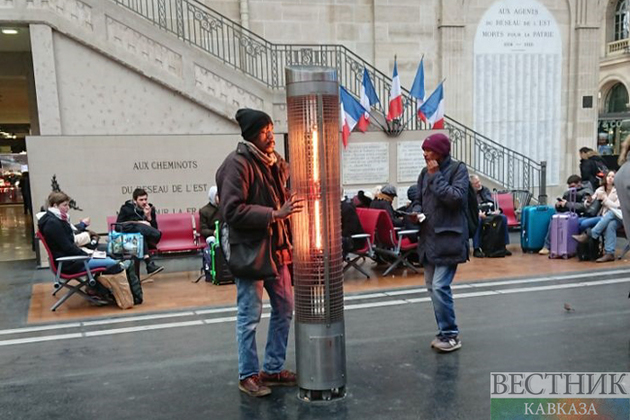President Emmanuel Macron wants to streamline rules to build new nuclear reactors faster as maintenance issues beset France’s aging atomic facilities and the energy crisis spurs the country to accelerate the shift away from fossil fuels, Bloomberg writes.
His government is seeking parliament’s approval for legislation that would reduce overall construction time by more than two years by speeding up the decision and planning process, according to the Energy Transition Ministry. It also aims to fast-track development of solar and wind power projects via a separate bill.
The draft proposals, which were presented at a weekly cabinet meeting in Paris on Wednesday, come as Europe grapples with soaring energy bills and prepares for possible power shortages in coming winters because of Russia’s dwindling gas deliveries and French utility Electricite de France SA’s reduced atomic production. Only 30 of EDF’s 56 reactors are currently connected to the grid, with the others halted for maintenance, repairs or refueling. The company is scrambling to get as many as possible back online for the winter as they typically produce about 70% of the country’s annual electricity output.
Macron said in February, just months before his re-election and weeks before the Ukrainian crisis started that France should build at least six new reactors and step up the development of renewable energy to increase the country’s independence and become carbon neutral by the middle of the century.
Chances of success
“I’m building the chances of success for renewable energies and nuclear by allowing proceedings to be simplified,” Energy Transition Minister Agnes Pannier-Runacher said in an interview with France Inter radio earlier on Wednesday. “We’ll need to exit fossil energies.”
EDF would be allowed to begin preparatory earthworks, as well as the construction of offices and other buildings, while it awaits approval to start work on the core nuclear facilities if the new legislation goes through, according to the ministry. The additional capacity won’t solve Europe’s current energy crisis, however, as the first reactor wouldn’t come online until around 2035. Parliament is expected to review the bill early next year.
To address short-term energy shortfall risks, France has introduced sweeping plans aimed at reducing gas and power use by 10% over two years. Other European governments have also set targets to lower consumption.






